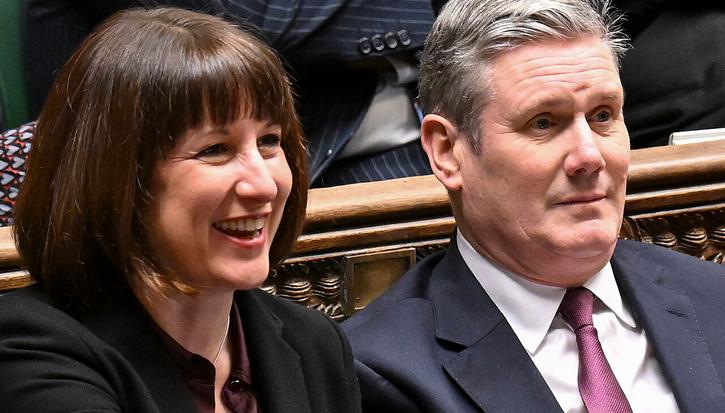Purchasing power: Making consumer markets work for everyone
Article
Living standards of households in the UK have fallen over the last six years due to a combination of exceptionally low increases in wages and larger increases in prices. Substantial rises in the price of essentials, including energy, public transport and childcare, have been a particular problem for some families, with those on the lowest incomes feeling the biggest squeeze because they spend more, proportionately, on these items.
In some markets, consumers are fighting back, for example by using networks to expand their knowledge of markets. The internet has facilitated the development of websites that compare prices and the quality of goods and services, making it easier for consumers to make the right decisions.
But some markets are so complex that they require special analysis and regulation. In this paper, we consider four such markets:
- energy
- public transport
- childcare
- housing.
The common theme in these four markets is that attempts to deliver goods and services through competition have been tried and failed.
Making markets more competitive – reducing the power of oligopolies, increasing consumer information and banning practices designed to exploit consumers – is the best approach for many consumer markets. But complex markets require more complex and innovative solutions. In these cases, the choice is not between trying to make markets freer or reintroducing regulation (or even nationalisation). Instead, it should be about finding alternative ways of achieving the best deal for consumers.
Related items

Regional economies: The role of industrial strategy as a pathway to greener growth
Regions like the North should have a key role to play in the development of a green industrial strategy.
Achieving the 2030 child poverty target: The distance left to travel
On 27 March, the Scottish government will announce whether Scotland’s 2023 child poverty target – no more than 18 per cent of children in poverty – was achieved.
Spring statement: A changed world calls for a changed course
If there are decades where nothing happens and there are weeks where decades happen, the last few weeks feel seismic. The prime minister was right to say the world has changed. Donald Trump’s re-election in November has unleashed a wave…